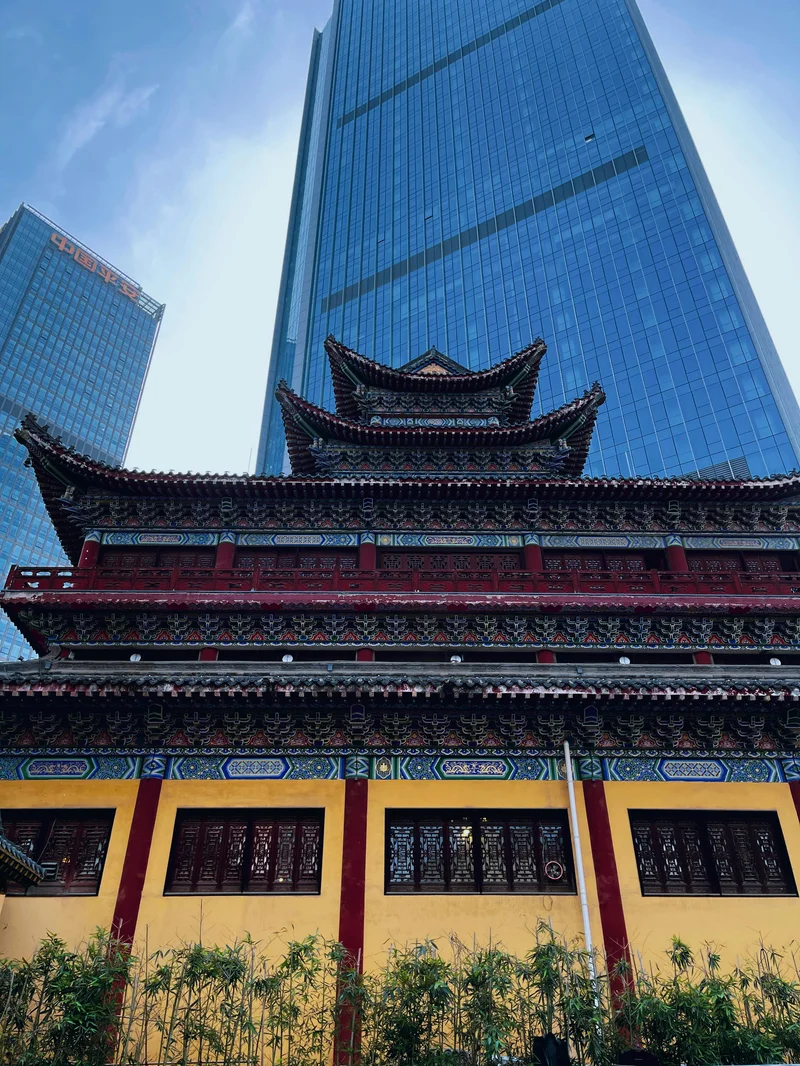Chongqing's Biotech Leap: How China's Heartland Could Cure the Future
Chongqing. You might know it as a sprawling industrial hub nestled in the heart of China. But get ready, because this city is about to become a name synonymous with something far more revolutionary: cutting-edge medicine. Forget smokestacks and factories – imagine gleaming labs, brilliant minds, and a wave of new drugs poised to change the world.
The municipal government just dropped a 25-point plan, and let me tell you, it's audacious. By 2027, they want one to three new innovative drugs hitting the market every year. That's not just tweaking existing formulas; we're talking about entirely new compounds, treatments the world has never seen. According to the National Medical Products Administration, these Class 1 innovative drugs will contain new structures and pharmacological effects, and have clinical value. It’s a bold vision, a complete paradigm shift for a city traditionally known for manufacturing. But is it possible?
Absolutely. And here's why it should have everyone excited.
The Chongqing Catalyst: A Perfect Storm of Innovation
This isn't just about government ambition; it's about a perfect storm of factors converging in one place. Chongqing is already a major economic engine, strategically positioned to connect China’s western region. The China-Singapore (Chongqing) Demonstration Initiative on Strategic Connectivity just celebrated its 10th anniversary, a decade that has seen a total of 347 government and business cooperation projects signed, with a total value exceeding 26 billion U.S. dollars. China-Singapore connectivity initiative boosts bilateral ties. That kind of investment creates a fertile ground for innovation.
The city’s also fostering industry clusters, aiming to create mini-Silicon Valleys dedicated to drug development. Think about it: joint research, shared resources, and a constant cross-pollination of ideas. It's like turning up the heat on a chemical reaction – the pace of discovery is going to accelerate exponentially. A similar approach has already proven successful in other Chinese tech hubs. Shenzhen is becoming an AI nexus, Hangzhou is diving headfirst into robotics, and Hefei is betting big on electric vehicles. Now, Chongqing is stepping up to bat in the biotech arena.

And let’s not forget the human element. This plan directly supports innovative enterprises, research institutes, and universities. It’s an investment in talent, in the people who will actually make these breakthroughs happen. When I first read about this, I remembered something that Jonas Salk, the man who developed the polio vaccine, said: "The reward for work well done is the opportunity to do more." Chongqing is giving its scientists that opportunity, and the potential payoff for humanity is enormous.
Of course, there are challenges. Rapid urbanization often brings environmental concerns, and sustainable development is key. Air pollution and traffic congestion are issues that need to be addressed. But the government seems aware of these challenges and is actively working on solutions, like enhancing green spaces and promoting electric public transport.
Here’s the question though: can Chongqing truly compete with established biotech giants? Will their focus on speed and output lead to compromises in quality or ethical considerations? It’s a valid concern, and one that needs careful attention. We need to make sure that this push for innovation doesn't come at the expense of patient safety or responsible research practices.
It's like the Renaissance all over again. Just as Florence became a center for art and culture, Chongqing could become a global hub for medical innovation. Imagine a future where new treatments for diseases like cancer, Alzheimer's, and even the common cold are developed right here. The possibilities are truly limitless.
The Future is Written in Code (and DNA)
This isn't just about new drugs; it's about a new approach to medicine. It's about harnessing the power of technology, collaboration, and human ingenuity to solve some of the world's most pressing health challenges. It's a future where diseases are not just treated, but cured. And it might just start in Chongqing.
